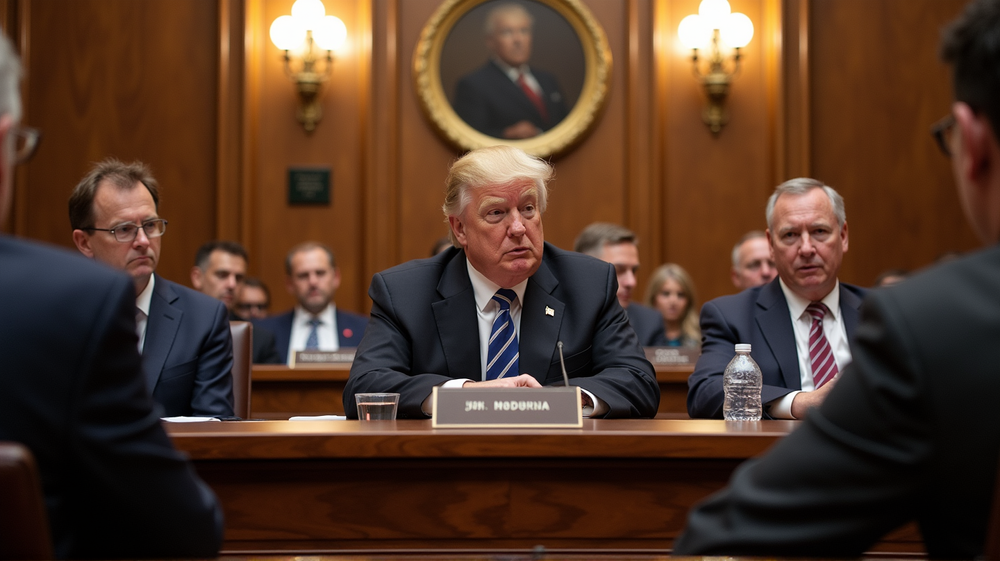The whispers of looming federal cuts to Medicaid have not fallen on deaf ears in Missouri. This state, more than most, bears a vivid memory of the struggles that emerge when Medicaid funds are slashed. For many Missourians, the haunting recollection of the 2005 crisis, when the state implemented strict eligibility standards and benefits were drastically reduced, serves as a chilling reminder of what might be at stake. Back then, over 100,000 residents lost their coverage, propelling many into financial despair.
A Familiar Fear Resurfaces
“We’re looking at a much more significant impact with the loss of federal funds even than what 2005 was,” said Amy Blouin, president of the progressive Missouri Budget Project think tank. A potential cut of $880 billion in Medicaid funding nationwide has sparked concern. States may be forced to make difficult choices: slashing benefits, raising taxes, or diverting funds from other crucial areas like education. According to KFF Health News, this fiscal uncertainty looms large over Missouri.
Struggles of Everyday Missourians
Stories like Sandra Smith’s bring the potential impacts into sharp focus. Her daughter Sarah, stricken by a severe genetic disorder, relies heavily on Medicaid-funded in-home care. For Sandra, the specter of losing such support poses unthinkable challenges, illustrating the personal dimensions of policy decisions. Many like her voice profound concerns: “It is not sustainable for anyone to do infinite, 24-hour care without dire consequences,” Sandra lamented.
The Political Divide
Even as Republican lawmakers propose a range of Medicaid reductions, such as cutting funds for Medicaid expansion, resistance remains strong. In Missouri, voters enshrined Medicaid expansion via constitutional amendment. This legal nuance necessitates a voter-approved amendment for any rollback—a process mirrored in states like South Dakota and Oklahoma—underscoring the complex terrain of Medicaid reform.
Building Political and Public Pressure
Polling shows 76% of Americans, including a noteworthy portion of Republicans, oppose major cuts to Medicaid funding. Yet, the political battle is far from over. Missouri’s congressional delegation is sharply divided on the issue, and state lawmakers are weighing a substantial tax cut that could affect fiscal responses to Medicaid cuts.
Conclusion
As political maneuvers continue and federal proposals hang in the balance, Missouri stands at a crossroads. Learning from its past, the state must navigate a landscape awash with uncertainty and prepare its citizens for what might lie ahead in the ongoing Medicaid debate.












